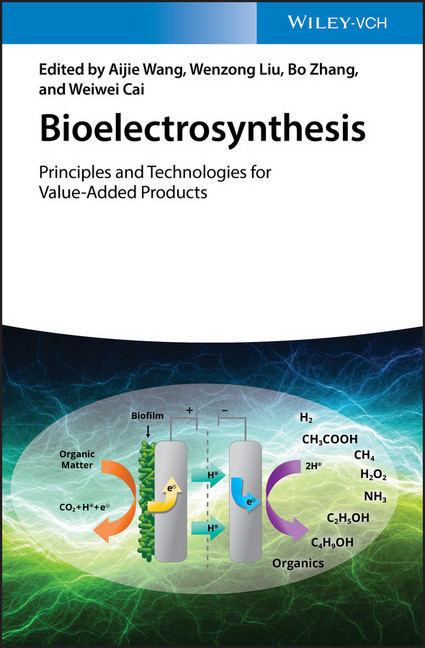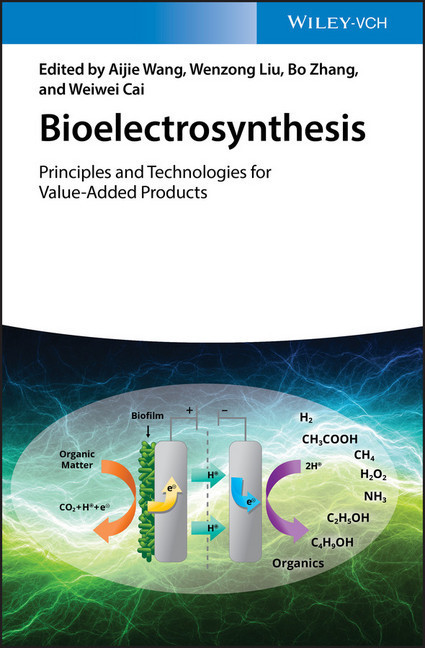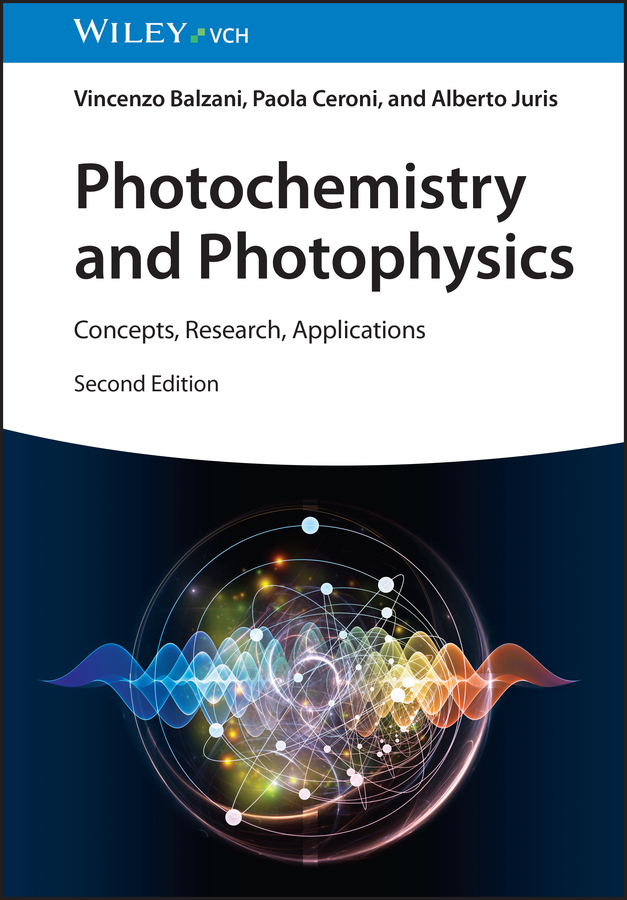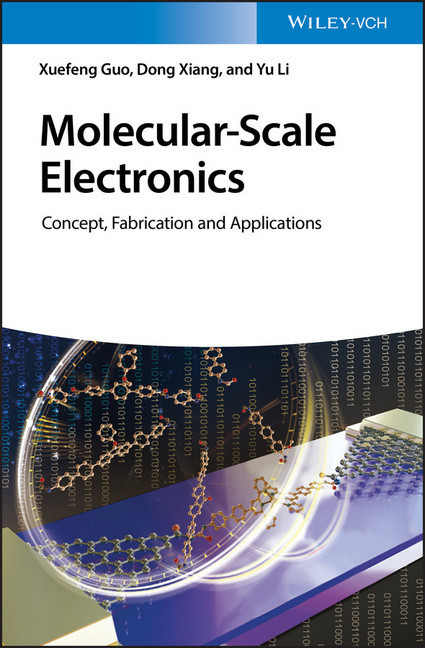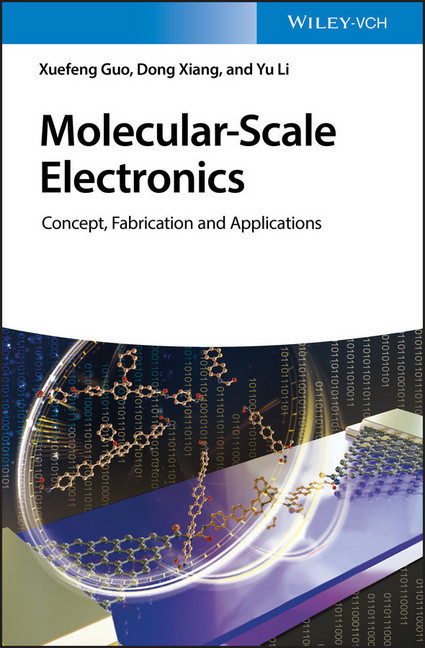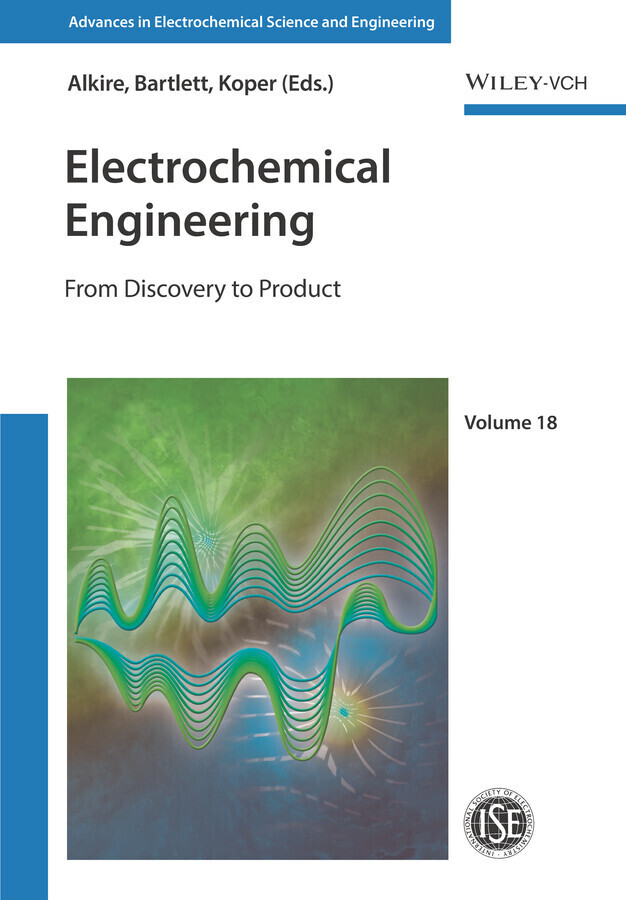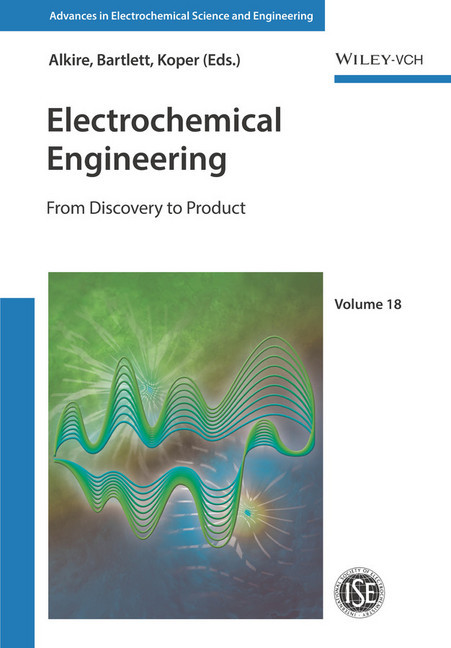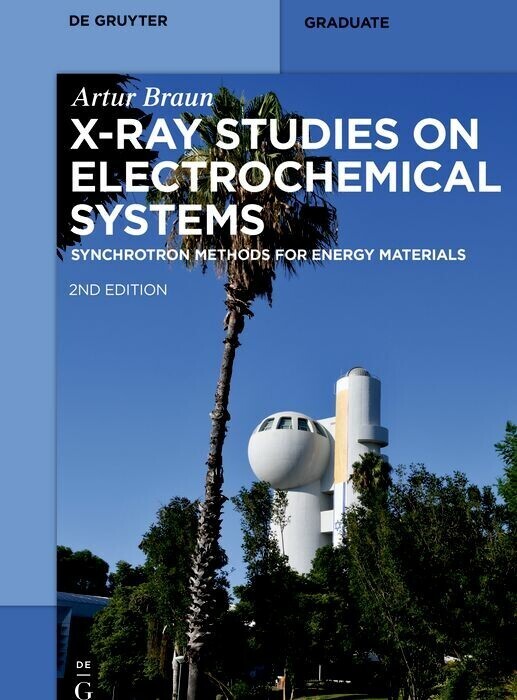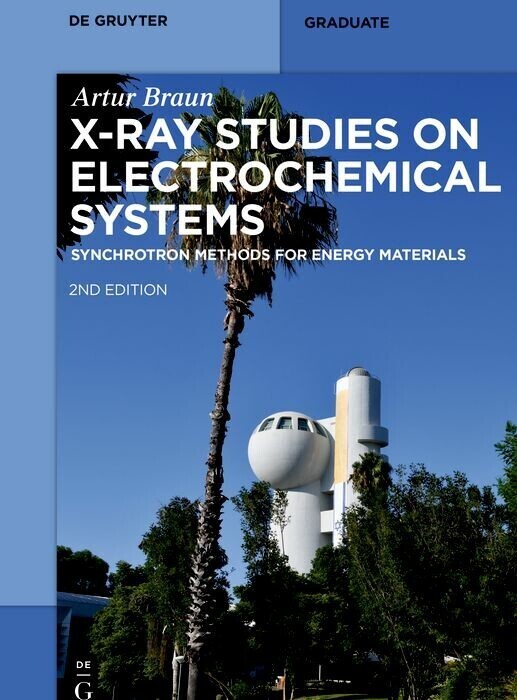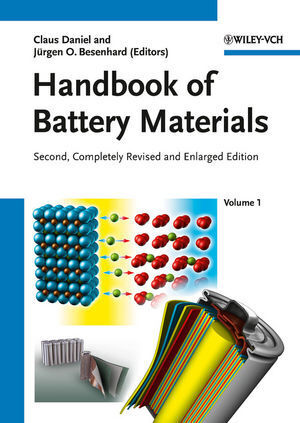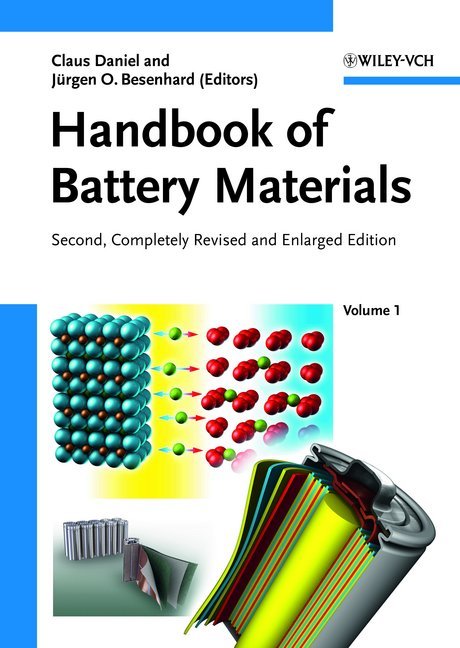Bioelectrosynthesis
Bioelectrosynthesis represents a promising approach for storing renewable energy or producing target chemicals in an energy-sustainable and low-cost way. This timely and important book systemically introduces the hot issues surrounding bioelectrosynthesis, including potential value-added products via bioelectrochemical system, reactor development of bioelectrosynthesis, and microbial biology on biofilm communities and metabolism pathways. It presents readers with unique viewpoints on basic principles and mechanisms along with new developments on reactor and microbial ecology.
Beginning with a principle and products overview of bioelectrosynthesis, Bioelectrosynthesis: Principles and Technologies for Value-Added Products goes on to offer in-depth sections on: biogas production and upgrading technology via bioelectrolysis; organic synthesis on cathodes; chemical products and nitrogen recovery; external electron transfer and electrode material promotion; and the microbiology of bioelectrosynthesis. Topics covered include: hydrogen production from waste stream with microbial electrolysis cell; microbial electrolysis cell; inorganic compound synthesis in bioelectrochemical system; microbial growth, ecological, and metabolic characteristics in bioelectrosynthesis systems; microbial metabolism kinetics and interactions in bioelectrosynthesis system; and more.
* Comprehensively covers all of the key issues of biolelectrosynthesis
* Features contributions from top experts in the field
* Examines the conversion of organic wastes to methane via electromethanogenesis; methane production at biocathodes; extracellular electron transport of electroactive biofilm; and more
Bioelectrosynthesis: Principles and Technologies for Value-Added Products will appeal to chemists, electrochemists, environmental chemists, water chemists, microbiologists, biochemists, and graduate students involved in the field.
Aijie Wang, PhD, is Professor and Director of School of Municipal & Environmental Engineering of Harbin Institute of Technology, and Research Center for Eco-Environmental Sciences, Chinese Academy of Sciences. Her current interests are in wastewater biological treatment and resource recovery, bio(electro)degradation of environmental pollutants and corresponding mechanisms, and bioelectrochemical stimulated technology for recalcitrant compounds biodegradation.
Wenzong Liu, PhD, is Associate professor at Research Center for Eco-Environmental Sciences, Chinese Academy of Sciences, and Harbin Institute of Technology, Shenzhen. His research interests are the electron transfer mechanism of bioelectrochemical degradation of organic pollutants, microbial ecology related to bioenergy and bioresource recovery.
Bo Zhang, PhD, is Assistant professor at Research Center for Eco-Environmental Sciences, Chinese Academy of Sciences. His research interests include bioelectrochemical systems and extracellular electron transfer in engineered and natural systems.
Weiwei Cai is a PhD student at Harbin Institute of Technology. His main interests focus on electron transfer of bioelectrochemical methane production; in situ accelerating and upgrading methane with aid of bioelectrochemistry; ecology dynamics related to bio(electro)-methanogenesis from wastes and wastewater; and molecular mechanism of bio-methanogenesis coupling emerging techniques.
Wang, Aijie
Liu, Wenzong
Zhang, Bo
Cai, Weiwei
| ISBN | 9783527343843 |
|---|---|
| Artikelnummer | 9783527343843 |
| Medientyp | E-Book - PDF |
| Copyrightjahr | 2020 |
| Verlag | Wiley-VCH |
| Umfang | 420 Seiten |
| Sprache | Englisch |
| Kopierschutz | Adobe DRM |

